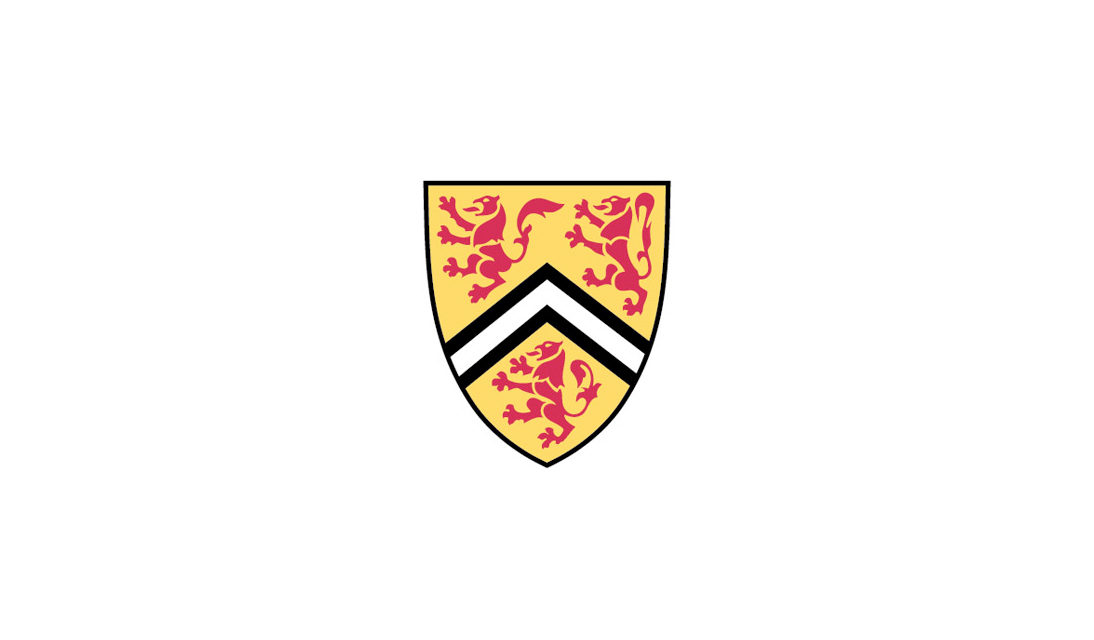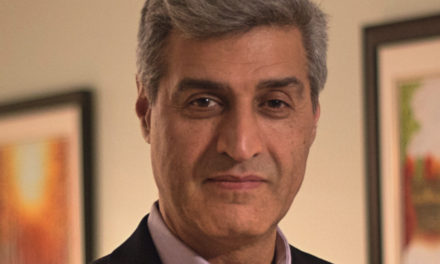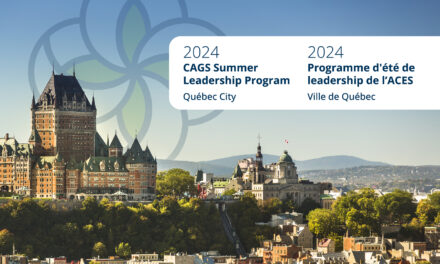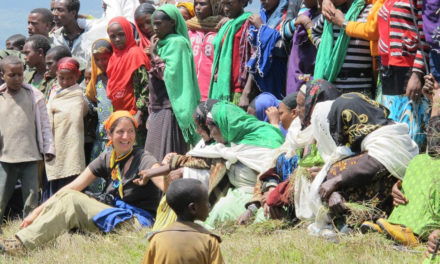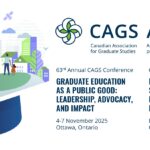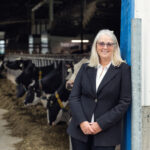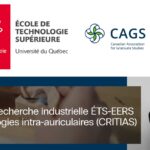Thanks to its generous parental leave and day care bursary programs, the University of Waterloo has won the 2017 CAGS Award for Excellence and Innovation for Enhancing the Graduate Student Experience.
The programs make graduate education more accessible for those who want to raise a family while pursuing a PhD or master’s degree, which is the case for up to 20 per cent of Waterloo students.
Waterloo is the only university in Canada to have a paid parental leave policy for both PhD and master’s students that aims to maintain their income at 95% of the average level of income (net tuition) they received prior to their leave (to a maximum of $8,000 in total). Students may take up to three consecutive terms off for parental leave, with a bursary available for up to two of those terms.
Unlike the parental leave bursary, the day care bursary is awarded based on financial need. The value is assessed based on the combined (student and spouse) annual income (net of tuition and fees), as well as the number of children requiring day care and the actual childcare costs.
Graduate students, along with faculty and staff at the University, are also given priority access to Bright Starts Co-operative Early Learning Centre, the Region of Waterloo’s largest day care centre that is located on the main University of Waterloo campus.
“A robust parental support program that minimizes the financial pressure of balancing graduate studies with building a family is crucial to attract top graduate students,” says Jeff Casello, Associate Vice-President, Graduate Studies and Postdoctoral Affairs at the University of Waterloo. “Our bursary programs also promote the retention of graduate student parents. Studies show that family and personal responsibilities are one of the main factors that hinder completion of the PhD.
“Graduate studies already are demanding. Men and women who add to these demands the myriad pressures of parenthood often feel forced to choose between children and degree completion.” These bursaries allow students to choose the best time to have children based on individual family, health, or personal factors, rather than stage of degree or supervisor expectations. They also permit students to choose childcare arrangements best suited to their family’s needs.
While both bursaries have existed in some form for decades, they have been expanded to become a pillar of Waterloo’s graduate student retention and degree-completion initiatives. They are part of a larger, university-wide commitment to accessibility and gender equity which has included hiring for new roles such as Associate Vice-President, Human Rights, Equity and Inclusion.
“Financial assistance is an important component of increasing accessibility to graduate education, and key to recruitment and retention of the best and brightest students,” says Dr. Brenda Brouwer, CAGS president.
“Waterloo’s programs showcase not only their direct response to students’ needs but also dedication to important values such as gender equity, the removal of systemic barriers and the provision of a supportive environment.”
The Award for Excellence and Innovation in Enhancing the Graduate Experience is offered annually to a CAGS institution or one of its graduate programs. This year’s winner will receive their citation in November at the CAGS conference in Quebec City.

